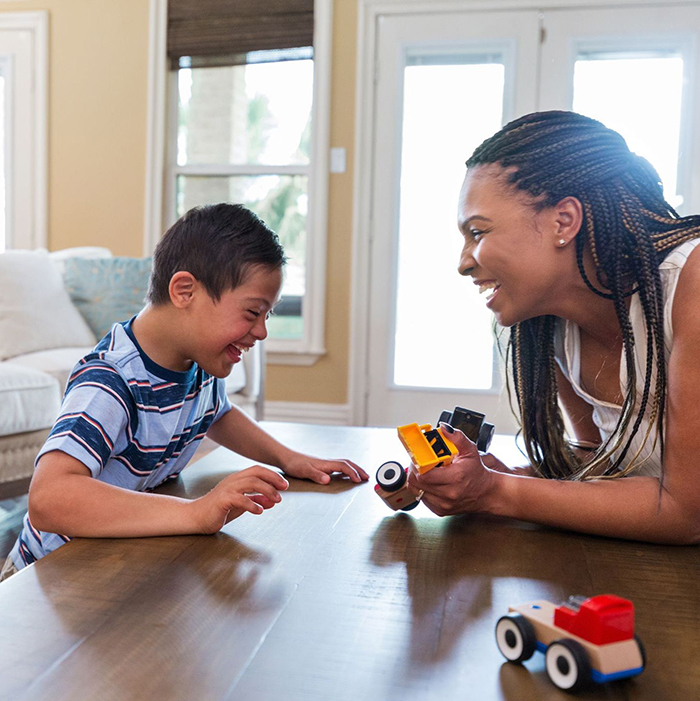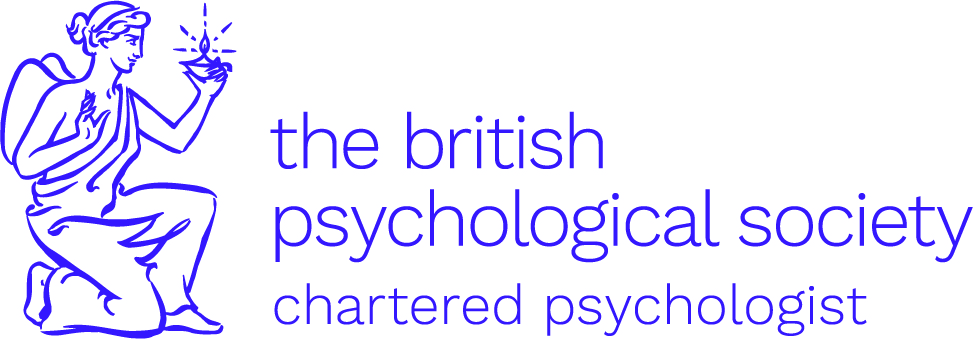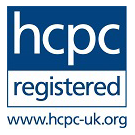How I work
First steps – what to expect
The most important part of beginning to work together is establishing a safe, trusting relationship where you can feel assured that I have your family’s best interests in mind. I begin getting to know families with a short telephone call where you can talk about your needs, current challenges, and past experiences of support. After this, and before I begin any therapeutic work, I offer a more in-depth assessment lasting 90 minutes. This is an opportunity to discuss your hopes for the work and to consider what type of support would be most beneficial.
If you are seeking an assessment for autism or learning disability for your child, I first offer a two hour face to face screening appointment. This involves completion of a range of questionnaires, as well as observation of your child and discussion of their strengths and interests, emotional health, home life, social circumstances, academic skills, and neurodevelopmental needs. The outcomes of this may include progression to a full diagnostic assessment, further psychological assessment, or therapeutic support.

For other concerns, or where the nature of the difficulties are less clear, I offer a bespoke clinical psychology assessment, which will include meeting with yourself and your child, and completion of a range of psychometric measures (see Assessment section for further details).

Therapeutic support
I take an integrative approach to working with families, which means that I draw on a number of approaches informed by attachment theory and systemic family therapy, compassion-focused therapy, CBT, and Theraplay®. Therapeutic support may involve sessions with parents or children themselves, parent-child sessions, or meeting the whole family together.
I like to create an inclusive environment by first understanding the young person’s particular interests and sensory regulation needs. I then find out each person’s ‘best hopes’ for coming to therapy, get a picture of who is in the family, and map out how strengths and difficulties arise in particular situations. It is often helpful to understand how difficulties have developed over time, occasions where they have been better or worse, and how this might be connected to specific events in the young person's life. This may involve visual approaches, where we use paper and pencil tasks or creative materials to understand how problems have influenced the family over time, and how they might look in the future.
It can also be useful to consider the impact that a diagnosis such as ASD has had on the family, how individual family members relate to the diagnosis, and whether others in the family may themselves identify as being neurodivergent.
When working with parents and carers, it is important to consider the various influences on parenting styles, which might include the wider culture, the relationship with grandparents, or previous experiences with services. I find that it’s important to first build safety by understanding what has worked (or not) in the past, and helping parents to stay regulated themselves, particularly when trying to contain their child’s distressed behaviour. We might then discuss how change can be introduced into family interactions, for example by considering alternative ways in which problems can be understood and responded to.
To arrange a brief 20 minute call to discuss your needs, please contact me by email in the first instance:





